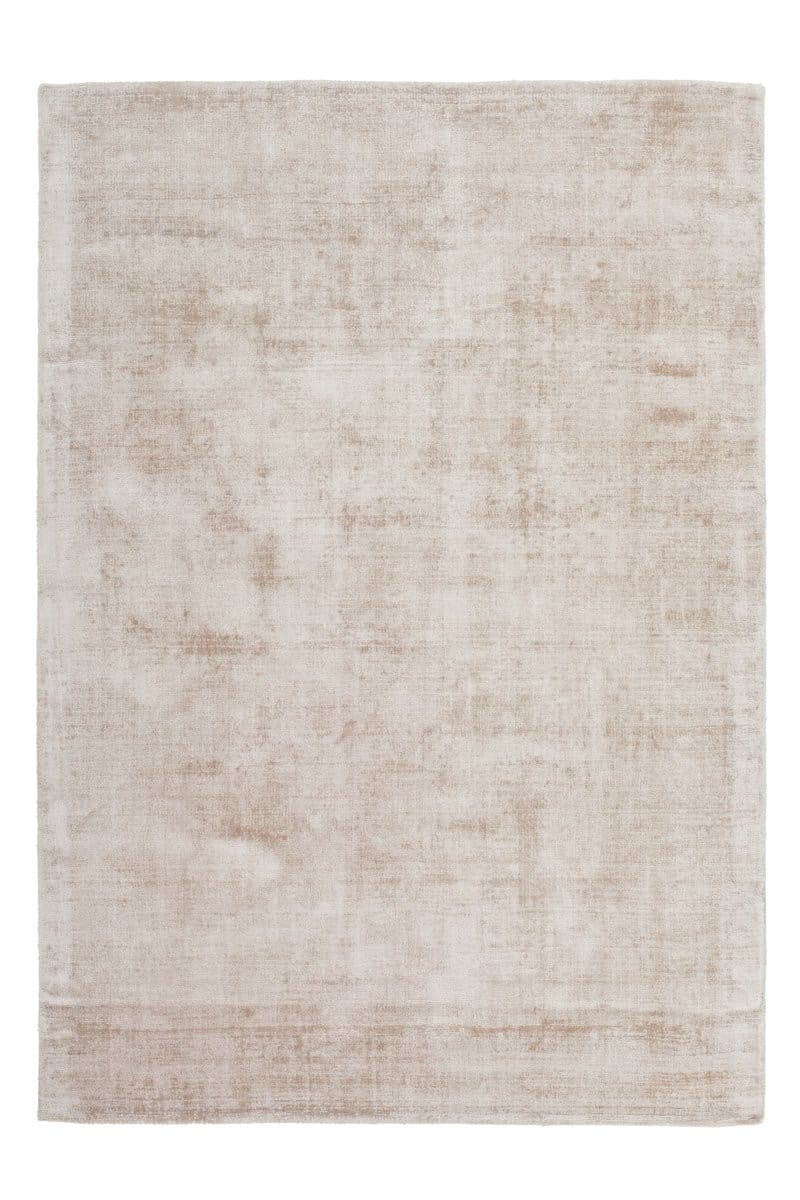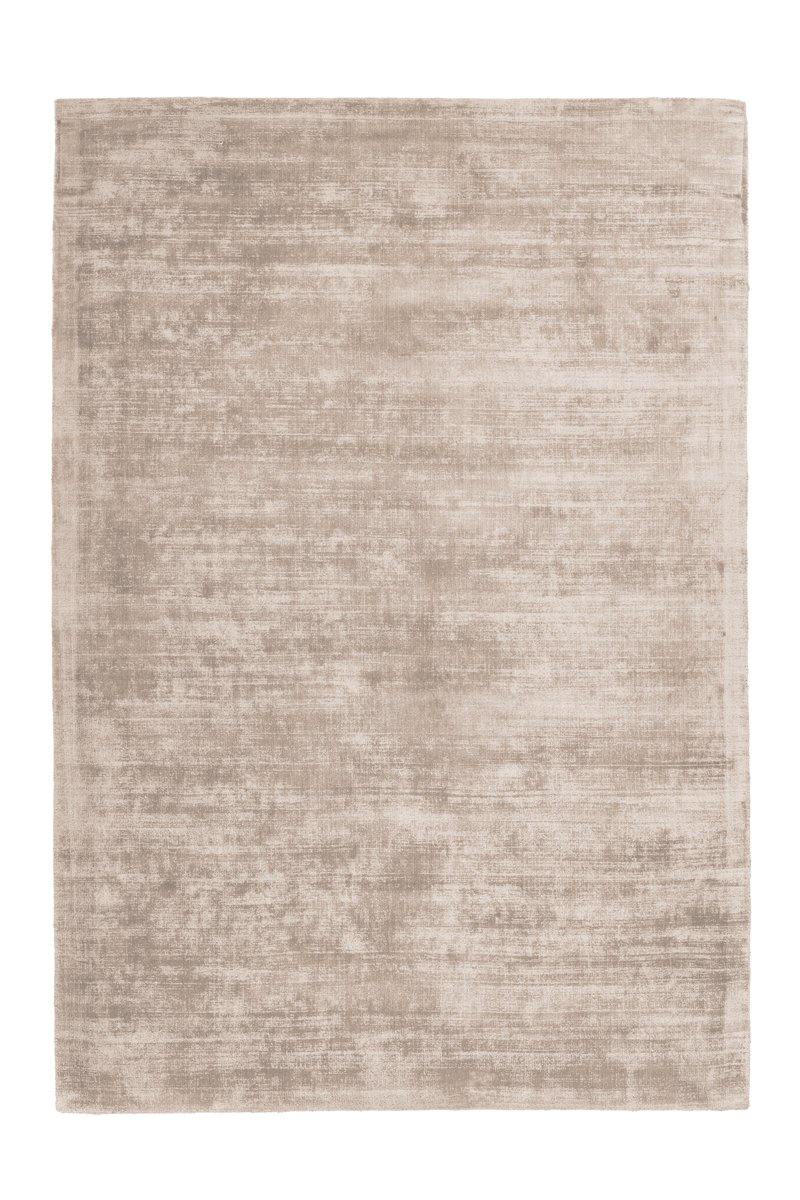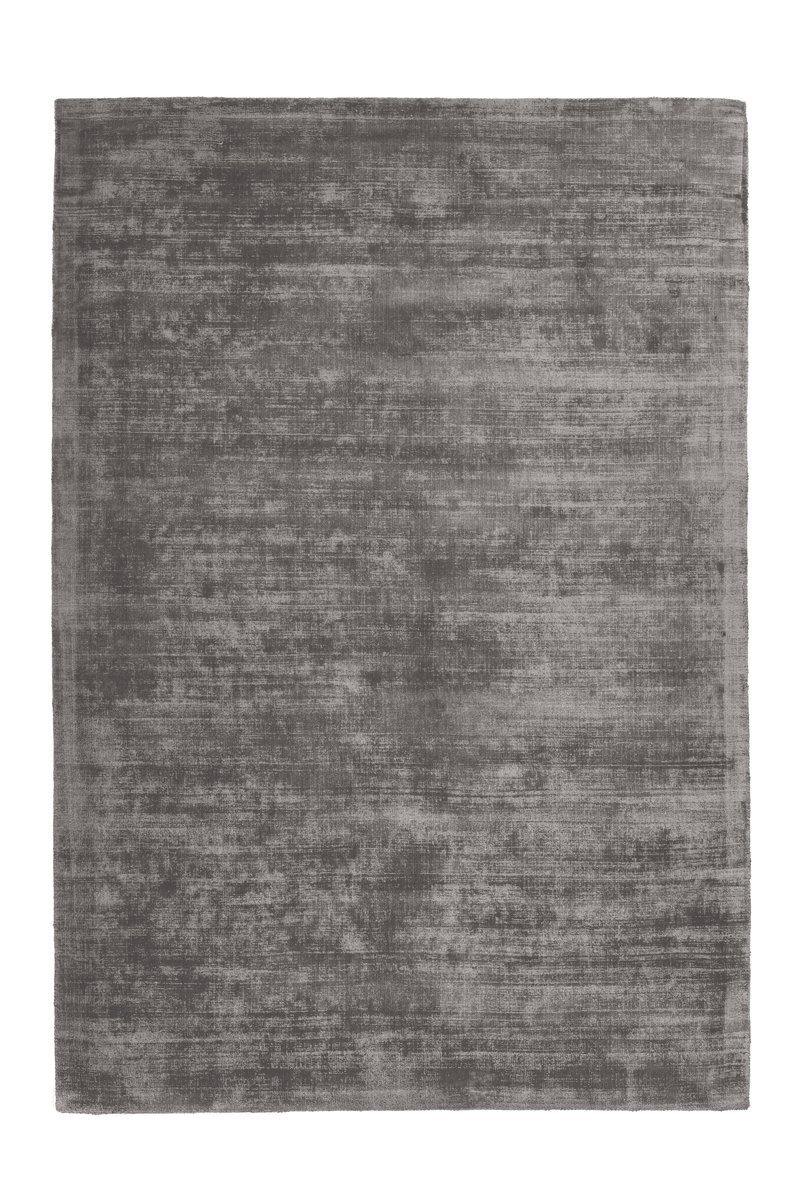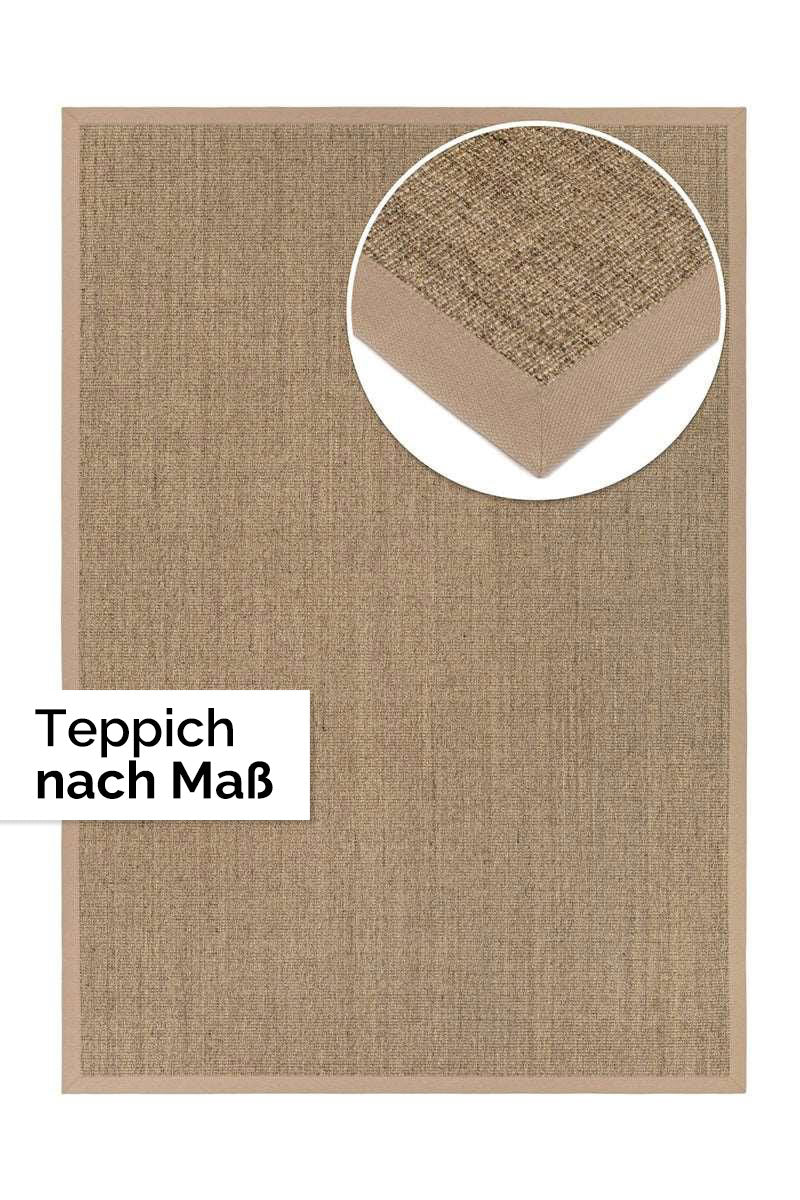When it comes to avoiding possible health risks from carpeting, it is advisable to look out for ecological carpets. These can be purchased online or in dedicated markets. Nevertheless, most carpets are not classified as hazardous to health. It is nevertheless advisable to carry out a comparison and examine the products more closely before making a purchase.
Certified safety
Seals such as "Tested Safety" or "Blue Angel" indicate that the carpets have undergone a thorough check of their composition. The GS mark is particularly important in Europe, as it obliges companies to comply with stricter safety regulations. An independent test institute checks all products with regard to important European standards.
Which carpets are free of harmful substances?
There are many carpets that are considered non-toxic because they are made from natural materials. These include carpets made of wool , cotton, sisal or jute. These materials are manufactured without the use of toxic chemicals and are therefore also suitable for allergy sufferers and people with sensitive skin. In addition, they are durable, hard-wearing and give pleasure for a long time.
Which carpets are harmful?
Some carpets can be harmful to health because they contain toxic chemicals like plasticizers or formaldehyde. Especially carpets made of synthetic materials such as nylon or polypropylene should be chosen with care, as they can lead to allergic reactions or respiratory problems in certain cases.
Is Polypropylene in Carpets Harmful to Health?
Polypropylene is a synthetic material used in many carpets. Although it is considered non-toxic, in certain cases it can cause allergic reactions or respiratory problems. It is therefore important to pay careful attention to the material used when choosing the carpet and to carry out sampling if necessary.





